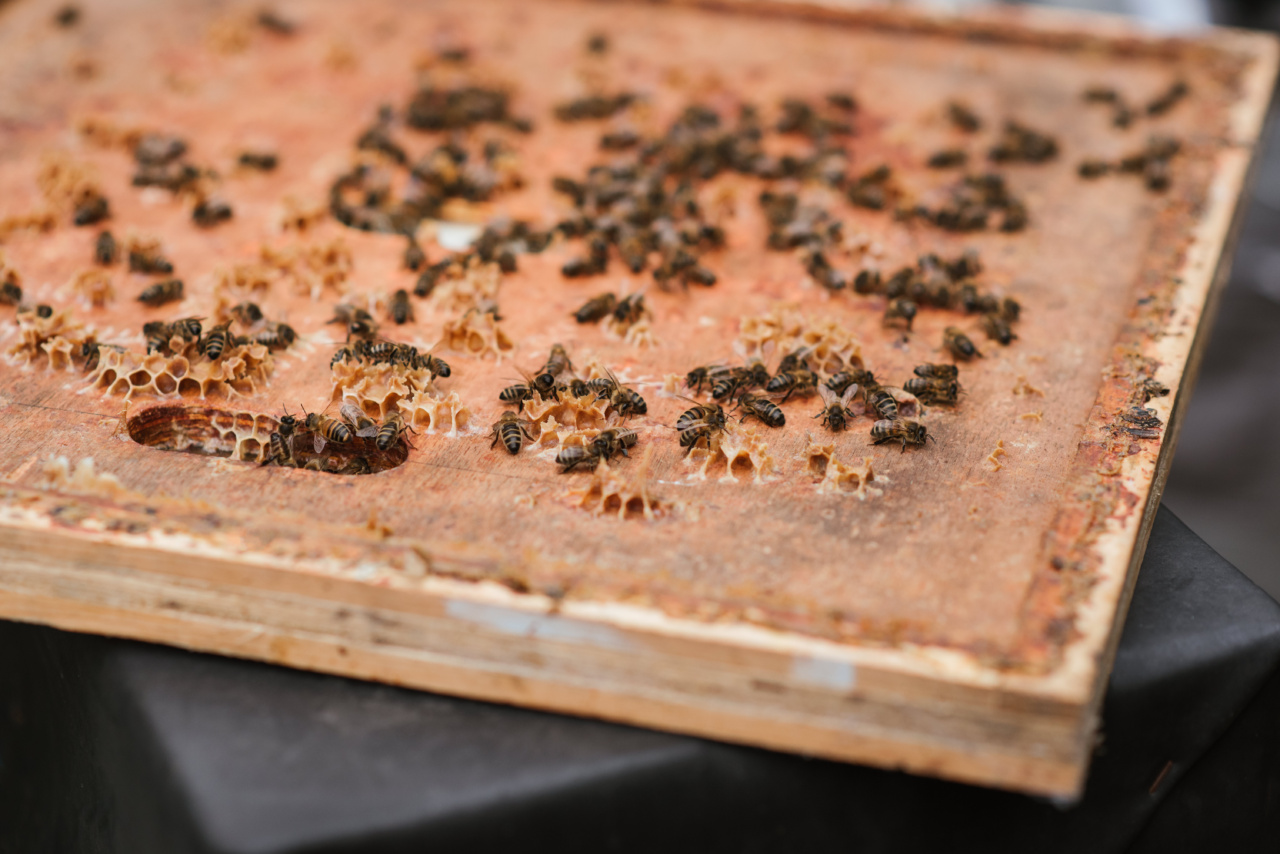Vitamin A is an essential nutrient required for healthy vision, skin, and immune function. However, getting too much of it can be harmful to your health.
Taking high doses of vitamin A supplements or consuming excessive amounts of foods rich in vitamin A can lead to toxicity, which can cause a range of symptoms and health problems. This article discusses the dangers of excessive vitamin A intake and how to prevent vitamin A toxicity.
What is Vitamin A?
Vitamin A is a fat-soluble vitamin that is naturally present in many foods. It is important for maintaining healthy vision, skin, and immune function.
Vitamin A is also an antioxidant, which means it helps protect your body against free radicals, which can damage cells and contribute to chronic diseases.
Sources of Vitamin A
Vitamin A can be found in both animal and plant-based foods. The two different types of vitamin A are:.
- Retinoids (preformed vitamin A): This type of vitamin A is found in animal products, such as liver, dairy products, and fatty fish.
- Carotenoids (provitamin A): This type of vitamin A is found in plant-based foods, such as carrots, sweet potatoes, spinach, and red pepper.
The Dangers of Excessive Vitamin A Intake
Vitamin A toxicity can occur when you consume high amounts of vitamin A supplements or eat too many foods rich in vitamin A.
The body stores excess vitamin A in the liver, and if you consume too much, it can accumulate in the liver and lead to toxicity.
Here are some of the dangers of excessive vitamin A intake:.
- Nausea and vomiting
- Dizziness
- Headache
- Joint pain and swelling
- Confusion
- Blurred vision
- Irritability
- Poor appetite
- Hair loss
- Skin rash and peeling
- Bone pain and weakness
- Increased pressure in the skull (pseudotumor cerebri)
- Birth defects (when consumed in high doses during pregnancy)
Preventing Vitamin A Toxicity
Here are some ways to prevent vitamin A toxicity:.
- Limit your intake of vitamin A supplements: The National Institutes of Health recommends that adults consume no more than 900 mcg of vitamin A per day. Taking more than this amount can lead to toxicity.
- Eat a balanced diet: It is important to get your nutrients from a variety of foods. Eating a balanced diet that includes a variety of fruits, vegetables, whole grains, lean protein, and healthy fats can help you get the nutrients you need without overdoing it on vitamin A.
- Check your medications: Some acne medications, such as isotretinoin, contain high amounts of vitamin A. If you are taking any medications, check with your doctor or pharmacist to see if they contain high amounts of vitamin A.
- Avoid eating polar bear and seal liver: These foods are extremely high in vitamin A and can lead to toxicity.
Conclusion
Vitamin A is an important nutrient, but getting too much of it can be harmful to your health. Vitamin A toxicity can cause a range of symptoms and health problems.
To prevent vitamin A toxicity, it is important to limit your intake of vitamin A supplements and eat a balanced diet that includes a variety of fruits, vegetables, whole grains, lean protein, and healthy fats.






























